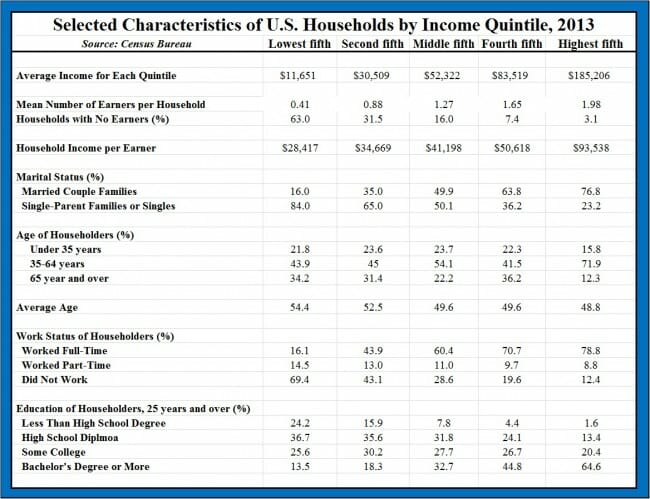The Customer Service Downside to the New Federal Overtime Rules
I and others have written a number of times about the many downsides to new Federal rules that will force most junior salaried managers to start punching a timeclock.
I run a service business and these rules affect us substantially. Like many retail operations, we have hourly employees who work for a local manager who is salaried and generally earns less than the new $47,476 annual cutoff. We are not entirely sure how we are going to comply, but in the near-term compliance will likely involve a combination of hard hour limits for managers, some devolution of manager tasks to minimum wage workers, and price increases to customers. In the long-term, we may have to consolidate manager positions.
But there is one additional change that is almost certainly going to occur -- a reduction in customer service. To understand why that is, you need to understand the retail and services world.
In the service world, sh*t happens. The ice machine suddenly breaks. An important worker just does not show up. A customer complains that no one is cleaning the bathroom. Because of razor thin margins, service work loads are carefully scheduled. There simply is not a lot of slack. So when something unusual happens, it is usually the local manager who takes up the slack. They fix the problem, somehow, even if it means they have to clean the bathroom themselves. Not one of my managers has bathroom cleaning as part of their duties, but every single one of them likely cleans bathrooms every month, because they are covering the performance gaps left by other employees.
When managers are subject to overtime, this changes. We only get 40 hours a week of that person's time (at least at a reasonable rate) and so every hour must count. Every hour must suddenly be carefully husbanded and spent only on value-added tasks, like balancing the register and merchandising the shelves. We can't waste them on the manager covering for employee shortcomings.
So who will clean the bathroom when the employee assigned to do so fails? Who will cover the second register when an employee just does not show up for work? Who will expedite the ice machine replacement so customers don't have to go long without ice? I don't know. Maybe nobody. Or at least nobody as long as prices charged to customers aren't raised substantially.
Postscript: If you are not in retail or a service business, you may read this and say, "well, if you hired better workers, they would be more reliable and you wouldn't have to cover for them." I have two responses. First, only someone who never worked retail could say that. People are individuals and have their own needs and lives, and those sometimes conflict with getting the job done, no matter how well we screen.
Second, let me tell a story from this last weekend when I was at the graduation ceremony for Amherst College. Amherst could reasonably be considered among the 10 most selective schools in the nation. It is consistently ranked as the #1 or #2 small liberal arts college in the nation. This weekend they selected an outstanding student from this outstanding bunch to make a presentation at graduation. In it, she told a story of never, ever being able to get to a certain class, that is held at 12:30 in the afternoon, on time. She said she was late every single time. This is supposedly one of the elite young people in the country who would never even consider accepting a "menial" service job with my company, but never-the-less can't get to a class on time.



